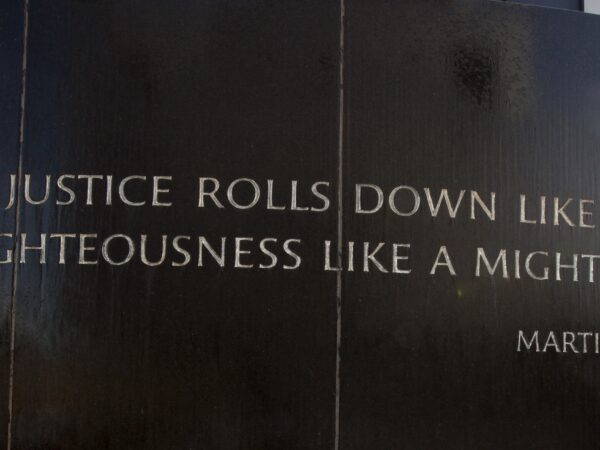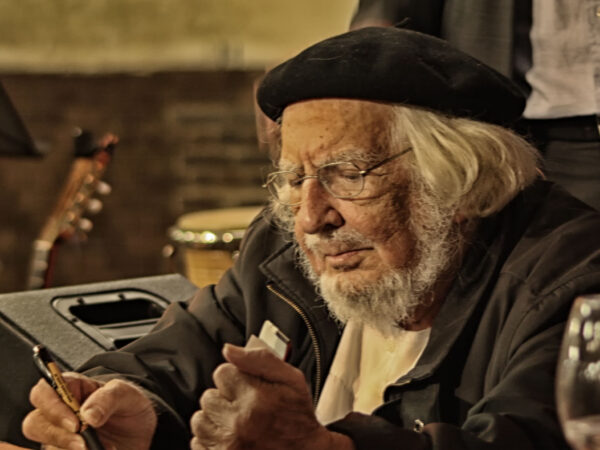
How I understand Tran’s story is that the script for Asian American Christian resistances to racial capitalism needs to be formed by the dangerous memory of Jesus Christ’s witness. Otherwise, Asian American theologies end up resisting identarian essentializations of Asian America that do not always speak to concrete challenges and dynamics that Asian Americans experience.

The disruptive presence of Nehemiah in spaces that are intended to erase his identity allows for a broader understanding of God’s word. While religious laws may sometimes be exclusionary in their nature, a higher law, one that is grounded in one’s fidelity to God through the way one lives one’s life, allows for radical inclusivity of all before God.

The reality into which we are called to participate, to embody, and to invite others is profound in that it promises to create the very sociality for which we long. It promises to establish the Kingdom of God that is not yet our everyday reality and, at the same time, is present to us in certain spaces and in moments of profound connection.








